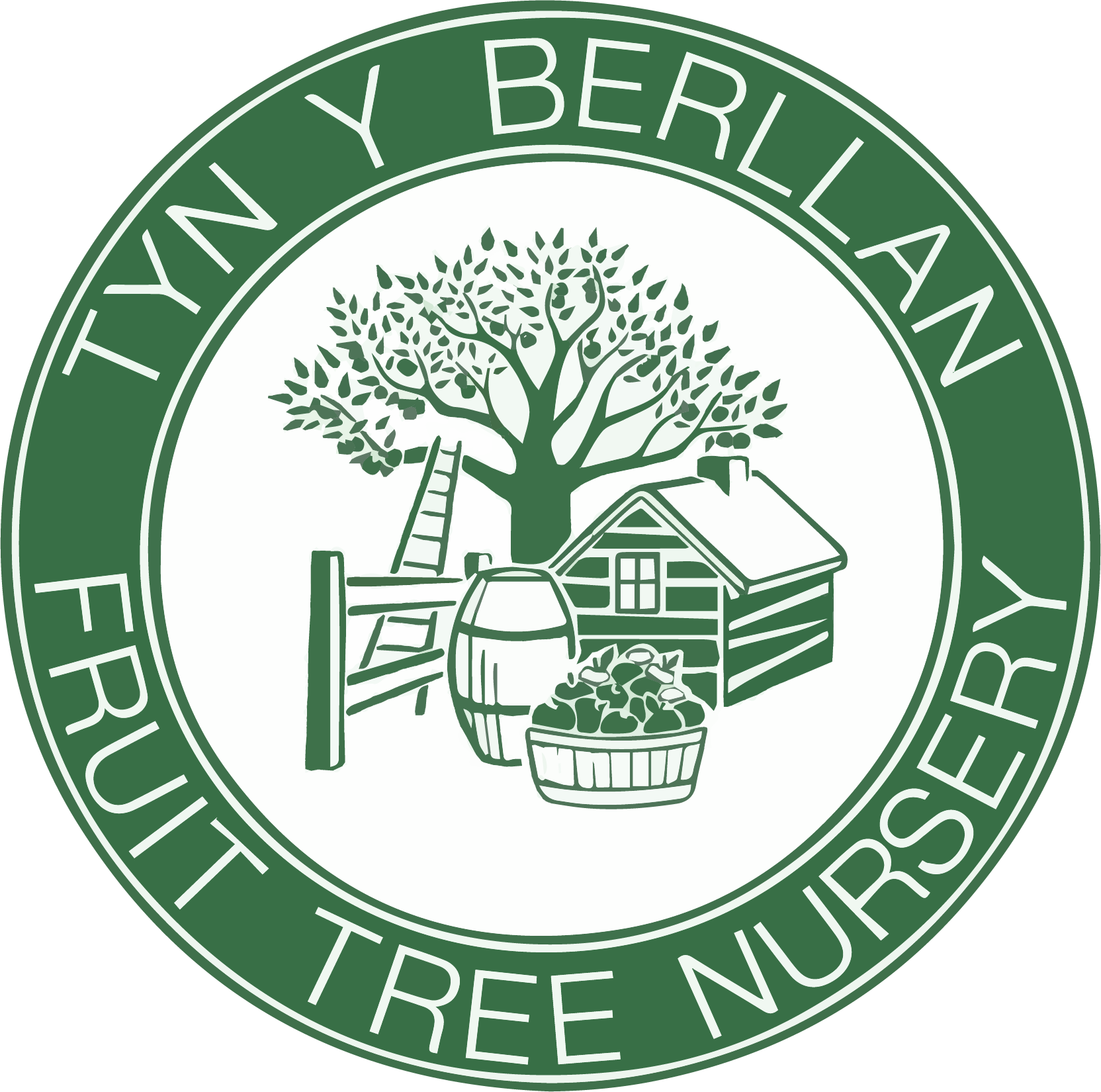Apple and pear tree pollination
 Apple and pear trees need to be pollinated to bear fruit. For cross pollination to occur, two trees of different varieties need to be in flower at the same time so that insects can transport pollen from one tree to the other.
Apple and pear trees need to be pollinated to bear fruit. For cross pollination to occur, two trees of different varieties need to be in flower at the same time so that insects can transport pollen from one tree to the other.
You will see in our tree descriptions that we include pollination groups in the information provided. These represent flowering periods.
Trees will cross pollinate with other trees in their own group and adjacent groups. So for example a tree in pollination group 2 will cross pollinate with trees in groups 1, 2 and 3. (In other places, you will sometimes find the letters replaced with numbers in certain sources, in which case Group 3 would correspond to Group C etc.)
Even varieties listed as self-fertile will set fruit better if they are pollinated by another variety.
Apple tree pollination for Triploids
If that isn’t complicated enough, some trees are Triploid (which means that they have three sets of chromosomes instead of the usual two). Triploids cannot pollinate other apple trees and can’t self-pollinate either. You will need another variety to pollinate your triploid tree but your triploid tree won't pollinate that tree back. So the non-triploid variety will need to be pollinated by a different tree again.
For example, Bardsey Island (pollination group 2) will pollinate Morgan Sweet (pollination group 3). But Morgan Sweet is a Triploid, so it won't return the favour and pollinate Bardsey Island back. If you only have these two trees, and if there are no other apple trees nearby (which there probably are) your Bardsey won't get pollinated and you won't get any apples. So you may want to get a third one, so that your Bardsey tree gets pollinated. Pig yr Wydd, for example, as that's in group 2 like the Bardsey.
Triploids are known for being vigorous and bountiful croppers, which is why they are still popular, despite this niggle.
But don't worry too much. Apple and crab apple trees are very common all over the UK, in cities and rural areas, so there is a high chance that you have a suitable pollination partner in your area already.
Crab apple trees are some of the best pollinators. They have long flowering periods, therefore covering most pollination groups, and make loads of pollen. So if you're getting a few apple trees, it can be easiest to just buy a crab apple to go with them, that will often help pollinate them all.
The importance of bees for pollination
 Another important consideration is the thousands of insects that are involved in pollination. Our friends the bees (including wild solitary bees and bumblebees) do more than 90% of the work and no bees means poor pollination. For this reason, everything that attracts and supports your local bees is good news for your apple and pear trees. Avoid chemical pesticides and fertilisers and provide habitats for solitary and bumblebees. Your trees (and the wider environment) will thank you for it!
Another important consideration is the thousands of insects that are involved in pollination. Our friends the bees (including wild solitary bees and bumblebees) do more than 90% of the work and no bees means poor pollination. For this reason, everything that attracts and supports your local bees is good news for your apple and pear trees. Avoid chemical pesticides and fertilisers and provide habitats for solitary and bumblebees. Your trees (and the wider environment) will thank you for it!
Sometimes we don’t have the pollination group for a particular variety, especially if they are rare and not much information is available for them.
If you require further help with these trees, or help choosing, you can contact us here.
